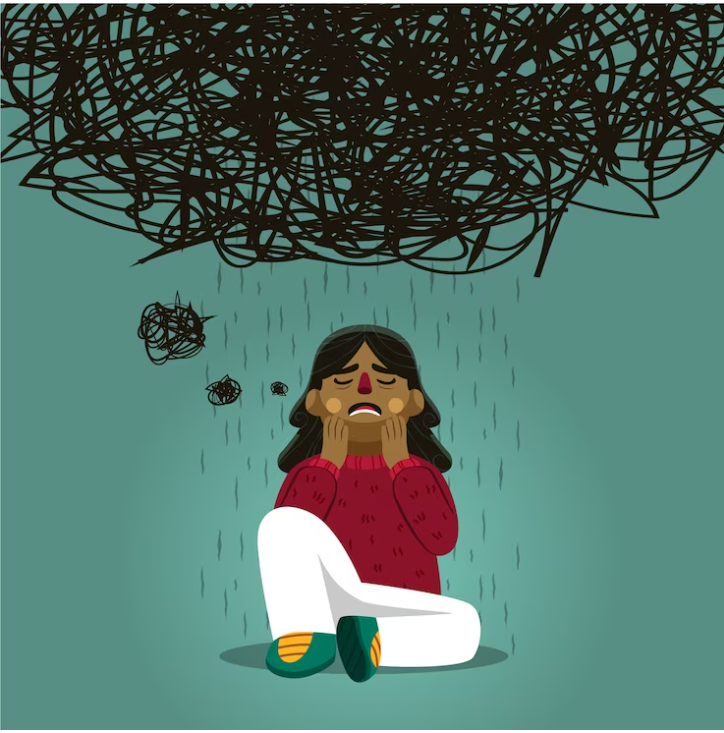
Understanding Bipolar Disorder Symptoms: A Simple Guide
Bipolar disorder is a mental health condition characterized by extreme mood swings. These swings include periods of mania or hypomania and episodes of depression. Recognizing the symptoms of bipolar disorder is essential for early intervention and effective management. In this article, we’ll explore the symptoms of bipolar disorder in simple terms.
Mania and Hypomania Symptoms
During manic or hypomanic episodes, individuals may experience:
- Elevated Mood: An excessively happy or euphoric feeling.
- Increased Energy: Heightened energy levels and restlessness.
- Racing Thoughts: Thoughts may race, making it challenging to focus.
- Impulsivity: Engaging in risky behaviors without considering consequences.
- Decreased Need for Sleep: Feeling rested after little sleep or staying awake for extended periods.
- Grandiosity: Having inflated self-esteem or beliefs about one’s abilities.
Depression Symptoms
On the other hand, during depressive episodes, individuals may experience:
- Sadness or Hopelessness: A persistent feeling of sadness or despair.
- Loss of Interest: Losing interest in activities once enjoyed.
- Changes in Appetite or Weight: Eating too much or too little, leading to weight gain or loss.
- Sleep Disturbances: Insomnia or excessive sleeping.
- Fatigue: Feeling tired and lacking energy.
- Difficulty Concentrating: Trouble focusing on tasks or making decisions.
- Thoughts of Death or Suicide: These thoughts can be serious and need immediate attention.
Understanding Episodes
Bipolar disorder is characterized by shifts in mood, known as episodes. Here’s a breakdown of the types of episodes:
- Manic Episodes: Individuals may feel excessively energetic, euphoric, or irritable. They might engage in risky behaviors, have racing thoughts, talk rapidly, and experience a decreased need for sleep. These episodes can lead to impulsive decision-making and difficulty concentrating.
- Depressive Episodes: Characterized by feelings of sadness and hopelessness, individuals may lose interest in activities, experience changes in appetite, fatigue, and thoughts of death or suicide.
- Mixed Episodes: These involve symptoms of both mania and depression occurring simultaneously or rapidly alternating. This can lead to heightened agitation, irritability, restlessness, and feelings of despair. Mixed episodes can be particularly intense and distressing.
Recognizing Symptoms
Recognizing the symptoms of bipolar disorder is essential for seeking appropriate treatment. If you or someone you know experiences significant mood swings, extreme changes in energy or behavior, or thoughts of self-harm, consult a healthcare professional for evaluation and support.
Seeking Help
Treatment for bipolar disorder typically involves a combination of medication, therapy, and lifestyle changes. Mood stabilizers, antipsychotics, and psychotherapy can help manage symptoms and stabilize mood. Furthermore, support from friends, family, and mental health professionals is crucial for effectively managing the condition.
Conclusion
Understanding the symptoms of bipolar disorder is crucial for recognizing the condition and seeking appropriate treatment. By identifying manic, hypomanic, depressive, and mixed episode symptoms, individuals and their loved ones can take proactive steps to manage bipolar disorder effectively and improve their quality of life.
To seek medical advice, always consult a Doctor. Here are our recommended experts. Click here
To read more on Neurological Disorders. Click Here


